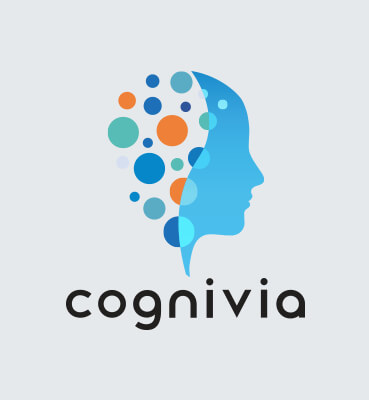If you ask a dozen people in the pharmaceutical / biotech industry what the term “patient-centricity” means, you’re likely to get a dozen different answers. These may include the mandate to listen to patients, caregivers, or advocacy groups to better understand the unique needs of a specific patient population. They may include ensuring that the outcomes measured in clinical trials are the most meaningful to patients; that they will significantly improve the patient’s quality of life or ability to complete activities of daily living. They may include the goal of understanding and minimizing patient burden in clinical trials or overcoming barriers for participation for specific subsets of patients. While all of these are important and meaningful objectives, they are generalized strategies based on populations of patients, not on individual patients.
To date, data used to optimize clinical trials have been driven by but limited to population-level insights. For example, education level has been found to be a predictor of medication adherence rates in Chron’s disease 1. Placebo response rates have been shown to be higher in females and in younger individuals in pain, depression, and other psychiatric disorders2,3. Engagement strategies have been developed for entire ethnic groups to encourage diversity in clinical trial participation and completion. Yet not every patient of lower educational status is non-adherent to medications; not every young female is a strong placebo responder; and not every member of a specific ethnic group will respond to a single prescribed engagement strategy.
With this realization, the industry is called to take the concept of “patient-centricity” to the next level – and move from considering populations of patients to understanding patients as individuals. This will push us into a new, more informative era where we understand that patients are people, with myriad human characteristics that can no longer be neglected in clinical trials.
Historically, analyses performed to optimize clinical trials are limited by the data available. For example, the advent of personalized medicine was enabled when more discrete and detailed biological data were collected to better analyze and interpret biological response to treatment. Collecting new data enabled the analyses that provided deeper insights. To develop next-level patient-centric approaches, we, as an industry, need to begin to understand patients in a new way. Individual-levels insights are only possible when we turn the lens of the microscope to the individual patient and begin to understand their inherent human characteristics. Beyond collecting biological data on patients, we need to consider their psychological make-up – their personality, beliefs and motivations – so we can consider each patient as an individual and not only as one member of a population or sub-population.
While this may seem very futuristic – a great idea but difficult to implement – indeed, this era is much closer than you think. The first step to achieving this lofty ambition is to begin to quantify the critical components of patient psychology that will influence their response and behavior in clinical trials. At Cognivia, we have accomplished this through the development, evolution and continual improvement of the Multi-Dimensional Psychological Questionnaire, a proprietary, custom-designed questionnaire that measures patient personality traits, expectations, motivations, perceptions and beliefs. This tool has been proven to be stable over time (with a Chronbach’s alpha of greater than 80%), with data collected to date from nearly 3,000 clinical trial participants. Next, this information must be put to good use. We have used these psychological data in the development of machine learning-based algorithms to predict things like the placebo response and medication adherence. Lastly, this needs to be applied to clinical trials to improve drug development. Indeed, these insights may be integrated into strategies for data adjustment, patient screening, and targeted recruitment and engagement.
This type of approach pushes us closer to the ambitious goal of matching the right patient to the specific needs and demands of each trial – and everyone benefits. Recruiting and enrolling a targeted population to clinical trials minimizes the number of patients that would be exposed to experimental drugs. Trial success rates would increase – by improved evaluation of efficacy (knowing that inability to demonstrate efficacy is the top cause of trial failure) and improved compliance, for example. Most importantly, this would improve patient access to new medicines. By reconciliating patient biology with patient psychology, drug development and ultimately new treatments would be optimized and accelerated. Isn’t this the pinnacle of patient-centricity?
References:
1. Wang L, Fan R, Zhang C, et al. Applying Machine Learning Models to Predict Medication Nonadherence in Crohn’s Disease Maintenance Therapy. Patient Preference and Adherence. 2020;14:917-926. doi:10.2147/PPA.S253732
2. Horing B, Weimer K, Muth ER, Enck P. Prediction of placebo responses: a systematic review of the literature. Frontiers in psychology. 2014;5(October):1079. doi:10.3389/fpsyg.2014.01079
3. Weimer K, Colloca L, Enck P. Age and sex as moderators of the placebo response – An evaluation of systematic reviews and meta-analyses across medicine. Gerontology. 2015;61(2):97-108. doi:10.1159/000365248





